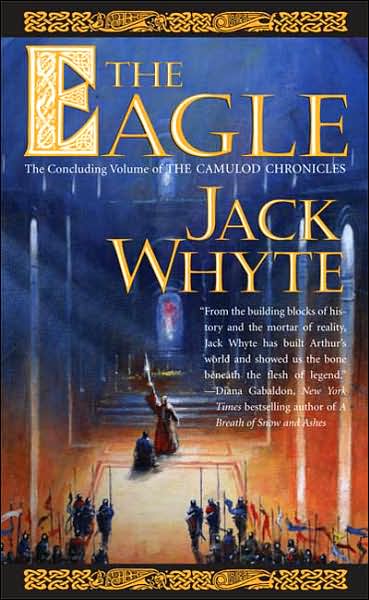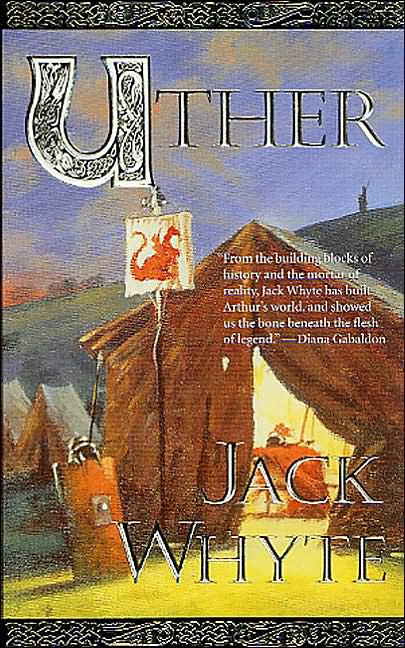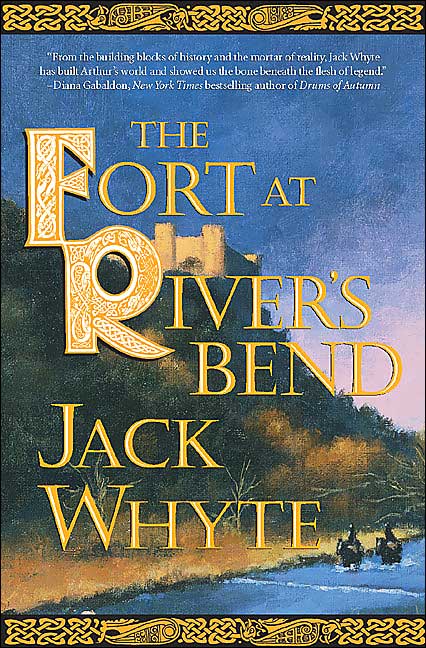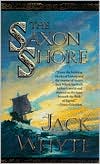The Eagle - Jack Whyte
 The Eagle is the final book in Jack Whyte's Camulod Chronicles, a true historical fiction take on the Arthurian tales. It is also the second book that completes the story of Clothar of Gaul, legendarily known as Sir Lancelot.
The Eagle is the final book in Jack Whyte's Camulod Chronicles, a true historical fiction take on the Arthurian tales. It is also the second book that completes the story of Clothar of Gaul, legendarily known as Sir Lancelot.
The story begins after Clothar and Arthur have become close friends and military compatriots. Arthur is king and soon decides to send Clothar back to Gaul to engage trade and agreements with like-minded kingdoms across the channel.
Clothar, between Gaul and Britain, is instrumental in fighting many of the enemies found on the island and in modern-day Europe, including the forces of Attila the Hun.
His friend and king, Arthur, begins to show his vulnerability and matters in Britain begin to deteriorate and Arthur asks Clothar for one last request, which Clothar has difficulty in performing.
The Eagle is a fitting end to Whyte's tale of Arthur's Britain. There are some chapter's of battle but a majority of the book is spent on continuing to develop Clothar's character. The author also explains his opinion of some of the more juicy tales of the supposed love triangle between Arthur, Lancelot and Guinevere.












